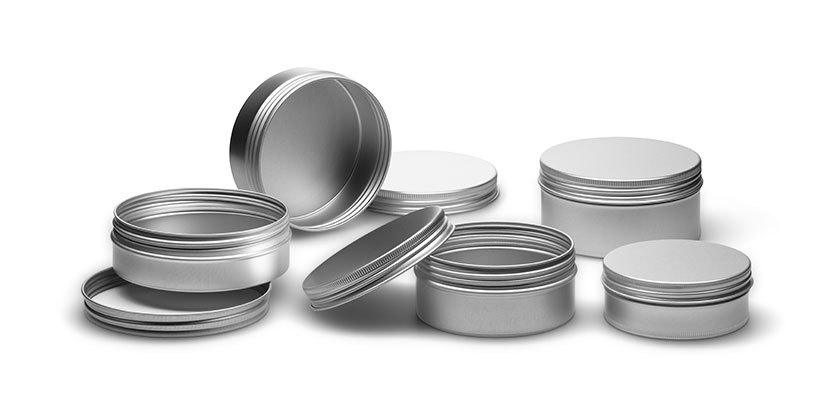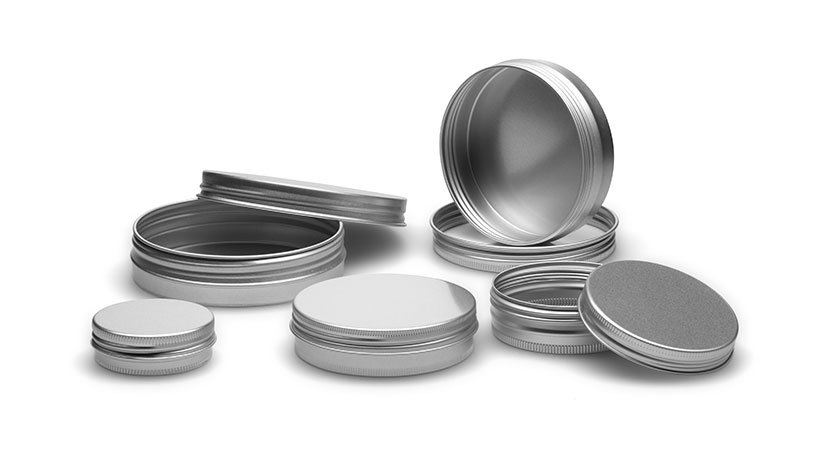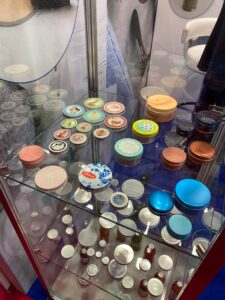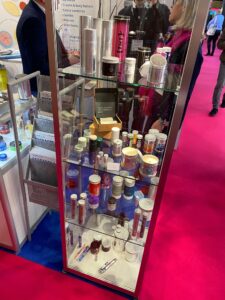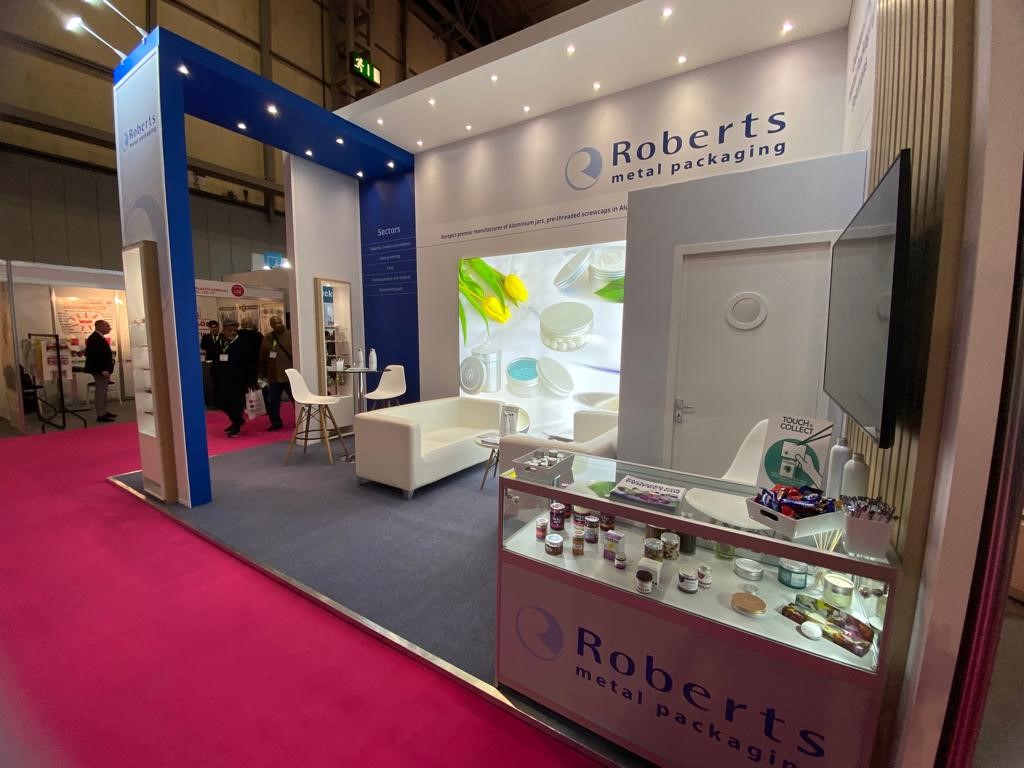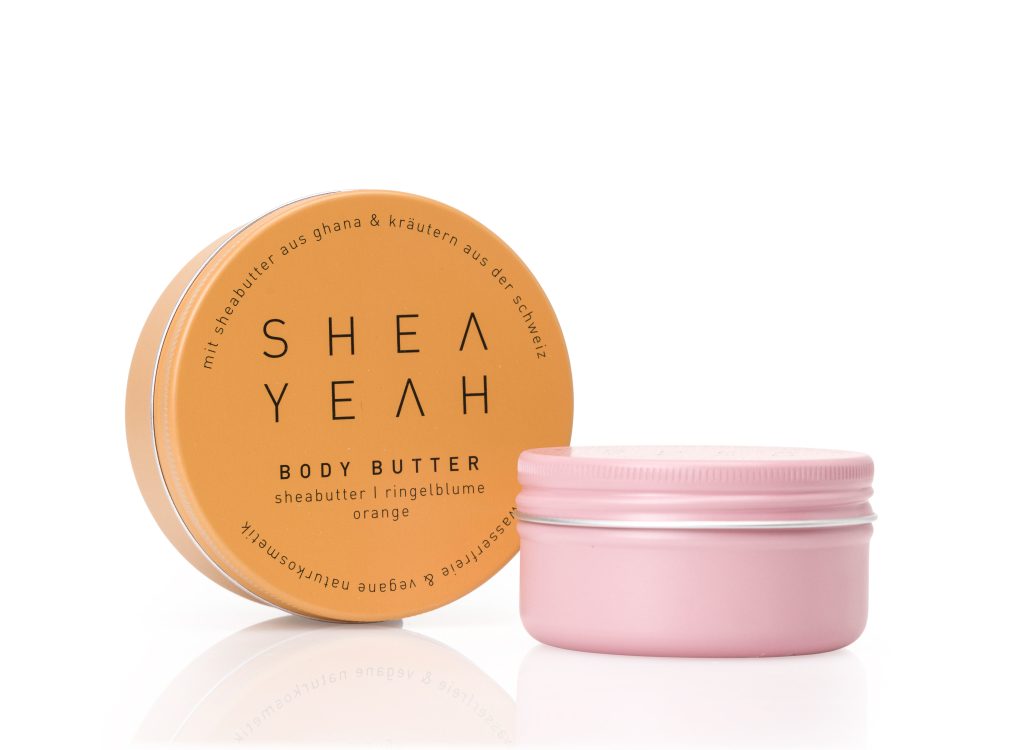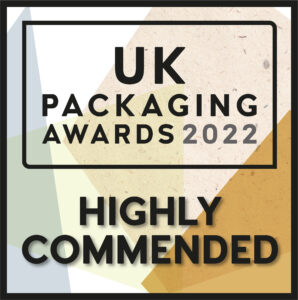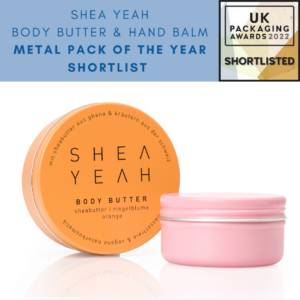Benefit Cosmetics packs a high-performance packaging punch!
Benefit Cosmetics’ beautiful, innovative, sustainable aluminium cosmetic jars – developed by Roberts Metal Packaging – are shortlisted for the UK Packaging Awards 2023
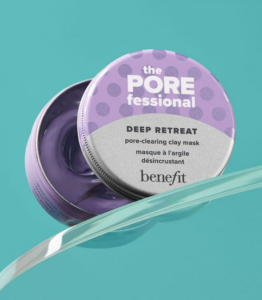
We are thrilled that our aluminium cosmetic jars – designed and produced by Roberts Metal Packaging for Benefit Cosmetics – have caught the attention of this year’s UK Packaging Awards judges.
To be shortlisted for the Metal Pack of the Year category is a tremendous honour. It recognises the optimal design, functionality, innovation and sustainability elements of our aluminium jars. But before we deep-dive the detail, let’s take a quick look at the context.
The background
Benefit Cosmetics wanted to centre the launch of its new POREfessional pore skincare range around two products – the Deep Retreat clay mask and the Smooth Sip moisturiser cream – with aluminium packaging.
Thanks to our metal packaging expertise and collaborative working style, Roberts was the global beauty brand’s obvious partner of choice.
The brief
Roberts was tasked with designing and manufacturing recyclable aluminium jars suitable for a bathroom environment. Lids and bases would be litho-printed to provide tactility, shelf presence and a high-end look.
Jar capacities of 50ml and 75ml were required initially, with mini sizes becoming available later. The jars needed to be suitable for high-speed filling and to protect the long-term integrity of their contents.
The solution – zoom on design
Our team of experts – determined to deliver on every count – selected the continuously threaded aluminium jars from our SOFTLINE range.
We developed high-quality new inks to achieve fully translucent jars within the design, tastefully finished in a satin varnish. Alongside bold typography and stunning colour combinations, the tactility element means the jars stand out on the shelf and in customers’ hands.
Zoom on functionality
Clearly, the jars and lids are fit for purpose. Their user-friendly design ensures effortless handling by the customer. The airtight jars protect against leakage and spoiling due to light and evaporation.
Manufactured on state-of-the-art, fully automated press-lines at our London factory, the easy-on/easy-off lids are designed with smooth radii and light knurling. The jars are fitted with two liners. The EPE liner optimises sealing while the custom-printed, throwaway, pressure-sensitive, liner makes tamper detection obvious.
Zoom on sustainability
The aluminium jars and lids can be recycled in their entirety through normal household collection. Since aluminium can be recycled infinitely without any deterioration to its molecular structure, the jars have solid sustainability credentials.
In conclusion…
We’d like to thank everyone involved in this project for their valuable contribution. It was a great team effort! To be shortlisted for the prestigious UK Packaging Awards is the icing on the cake. Many thanks to the expert judges for their valuable stamp of approval!
If you’d like to discuss this project or brainstorm optimal packaging solutions for your products, please get in touch on +44 (0)20 8320 9500 or at salesteam@roberts-metpack.co.uk today!

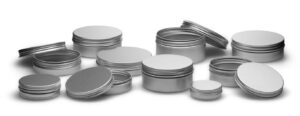

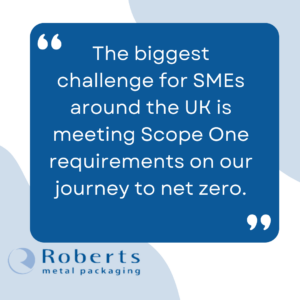 The biggest challenge for SMEs around the UK is meeting Scope One requirements on our journey to net zero. Getting accurate data on Roberts’ emissions is challenging as we outsource the transport element of order fulfilment to fleet companies. Calculating our carbon footprint without precise intelligence from them is impossible. But with our usual determination and expertise, we’ll get there!
The biggest challenge for SMEs around the UK is meeting Scope One requirements on our journey to net zero. Getting accurate data on Roberts’ emissions is challenging as we outsource the transport element of order fulfilment to fleet companies. Calculating our carbon footprint without precise intelligence from them is impossible. But with our usual determination and expertise, we’ll get there!